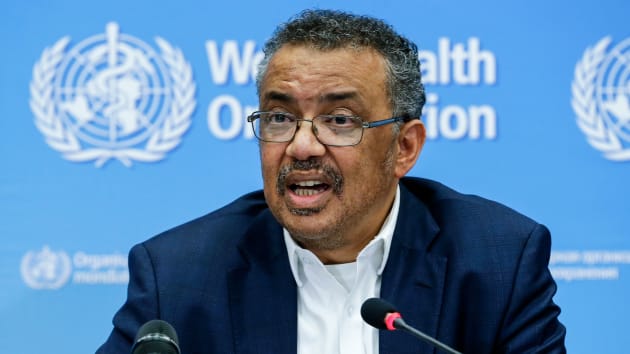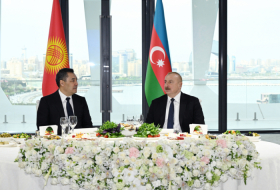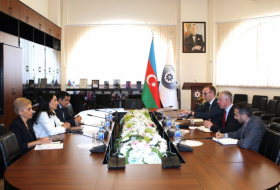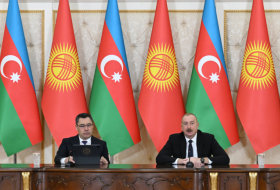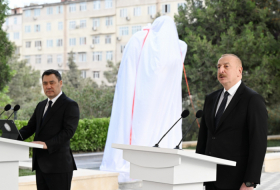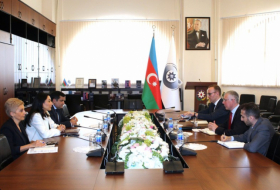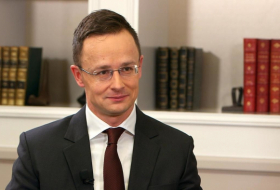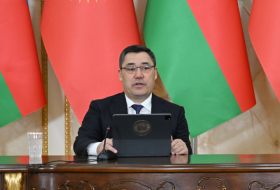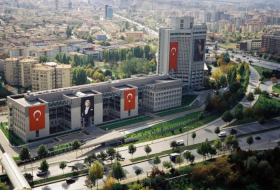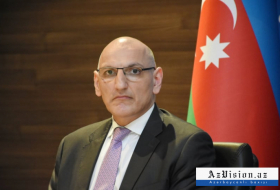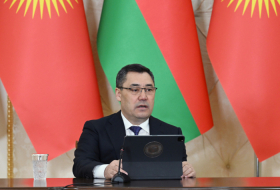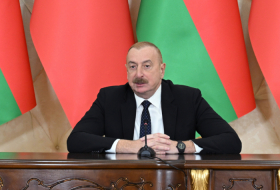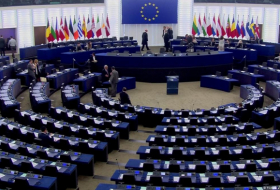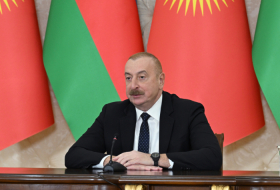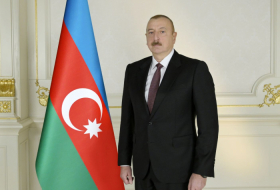More than six months after the coronavirus emerged in Wuhan, China, the “once-in-a-century pandemic” continues to accelerate, World Health Organization Director-General Tedros Adhanom Ghebreyesus said Thursday.
“The virus can be brought under control,” he said in his opening remarks to a member states mission briefing in Geneva. “But in most of the world, the virus is not under control; it’s getting worse.”
The new coronavirus, which emerged in Wuhan, China, in late December, has infected more than 12 million people around the world and killed at least 550,300 people so far, according to data compiled by Johns Hopkins University. More than half of the world’s cases have been identified in the Americas, according to WHO’s latest situation report.
“The pandemic is still accelerating,” Tedros added. “The total number of cases has doubled in the last six weeks.”
Countries that have successfully prevented an outbreak or contained one did so using fundamental public health measures such as testing broadly for the virus, conducting aggressive contact tracing and isolating people who might have been exposed, Tedros said. He added that both poor and rich countries have faltered.
“The virus has upended health systems in some of the world’s wealthiest nations, while some countries that have mounted a successful response have been of modest means,” he said.
The remarks come days after U.S. President Donald Trump’s administration submitted its notice to the United Nations secretary-general to withdraw from the WHO. The notice to withdraw is just the first step in a yearlong process that will rely on several factors outside of Trump’s control, including cooperation from Congress and whether the president is reelected in November.
Trump has frequently criticized the WHO’s management of the global response to the pandemic amid scrutiny of the U.S. response. The U.S. has the largest coronavirus outbreak in the world, and while many of its allies in Europe and elsewhere have managed to bring daily new cases down to a manageable level, the U.S. has failed to do the same.
Tedros has repeatedly defended the WHO’s response, saying that the UN health agency warned countries early about the threat of the virus and has helped to coordinate global research efforts. However, he acknowledged Wednesday that there is room for improvement in the global health system and announced a new panel to evaluate the global response, including the WHO’s actions.
“For years, many of us warned that a catastrophic respiratory pandemic was inevitable,” he said. “But still, despite all the warnings, the world was not ready. Our systems were not ready. Our communities were not ready. Our supply chains collapsed. It is time for a very honest reflection.”
The Independent Panel for Pandemic Preparedness and Response will be co-chaired by former prime minister of New Zealand Helen Clark and former president of Liberia Ellen Johnson Sirleaf. He said the co-chairs will independently select members of the panel.
“I cannot imagine two more strong-minded, independent leaders to help guide us through this critical learning process,” Tedros said, adding that they were selected with broad consultation with member states and world experts.
Tedros also proposed holding a special session of the WHO executive board in September to evaluate the progress of the panel, which will present an interim report on its findings in November. Even after the coronavirus pandemic subsides, he said, the world will continue to face threats from new viruses and it’s crucial that the world continue to evolve its global health infrastructure.
Tedros called for national leaders to unite in collaboration against the virus and to learn from the successes and failures of different countries, regions and cities. And he urged officials to separate the pandemic response from global or national politics.
“The virus thrives on division but is thwarted when we unite,” he said. “How is it difficult for humans to unite and fight a common enemy that is killing people indiscriminately? Are we unable to distinguish or identify the common enemy? Can’t we understand that the divisions and the cracks between us are an advantage for the virus?”
CNBC
More about: WHO








